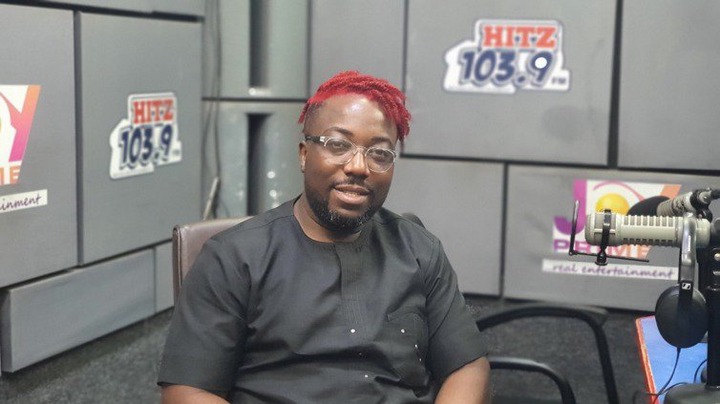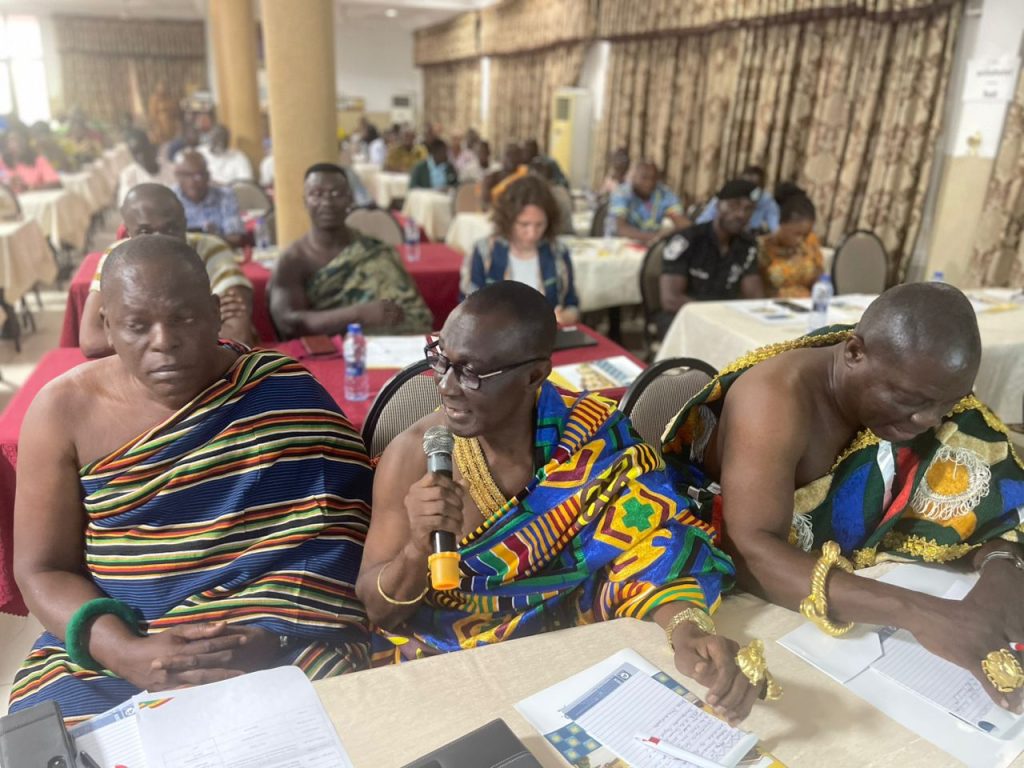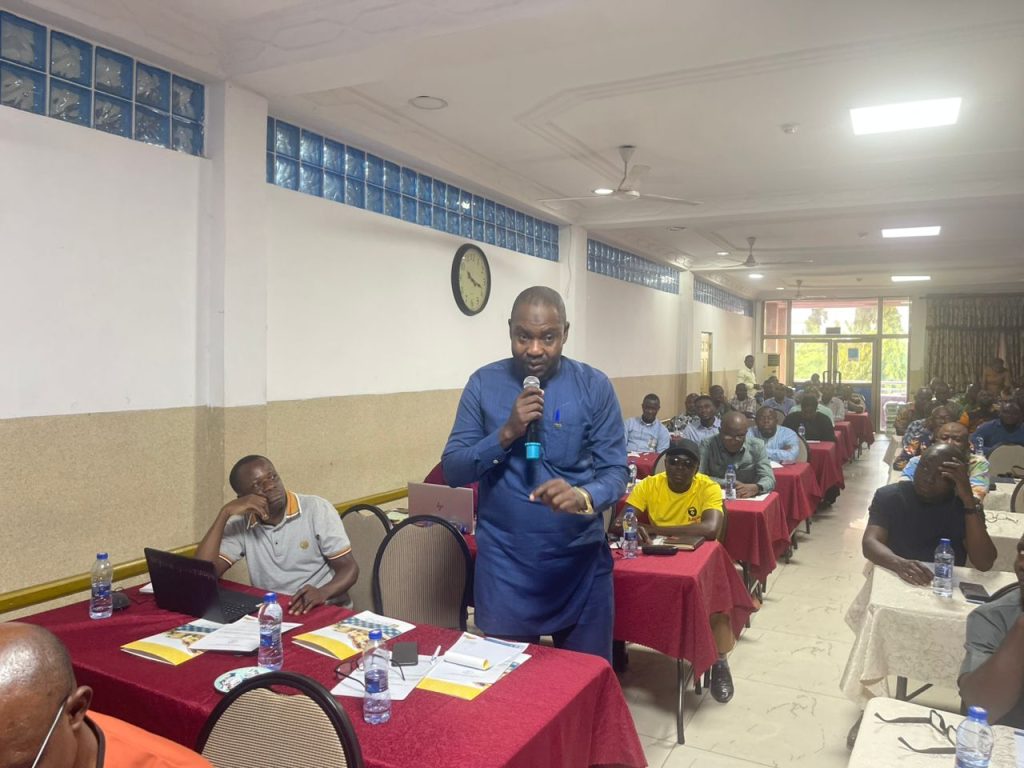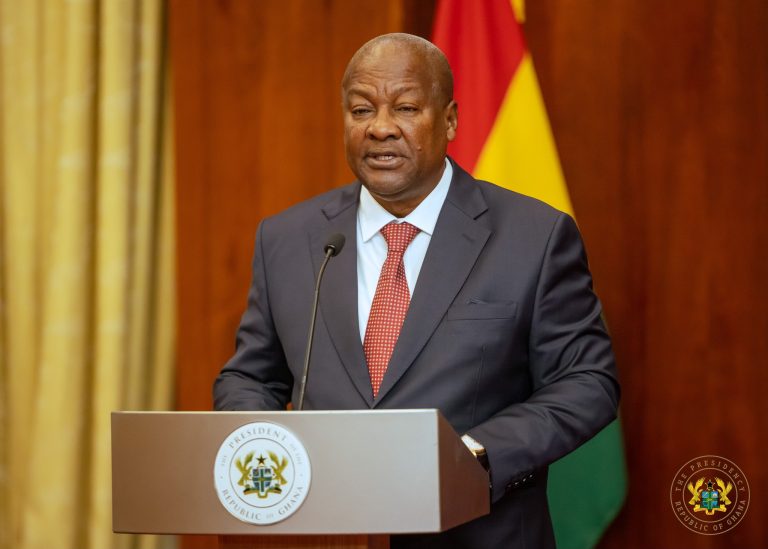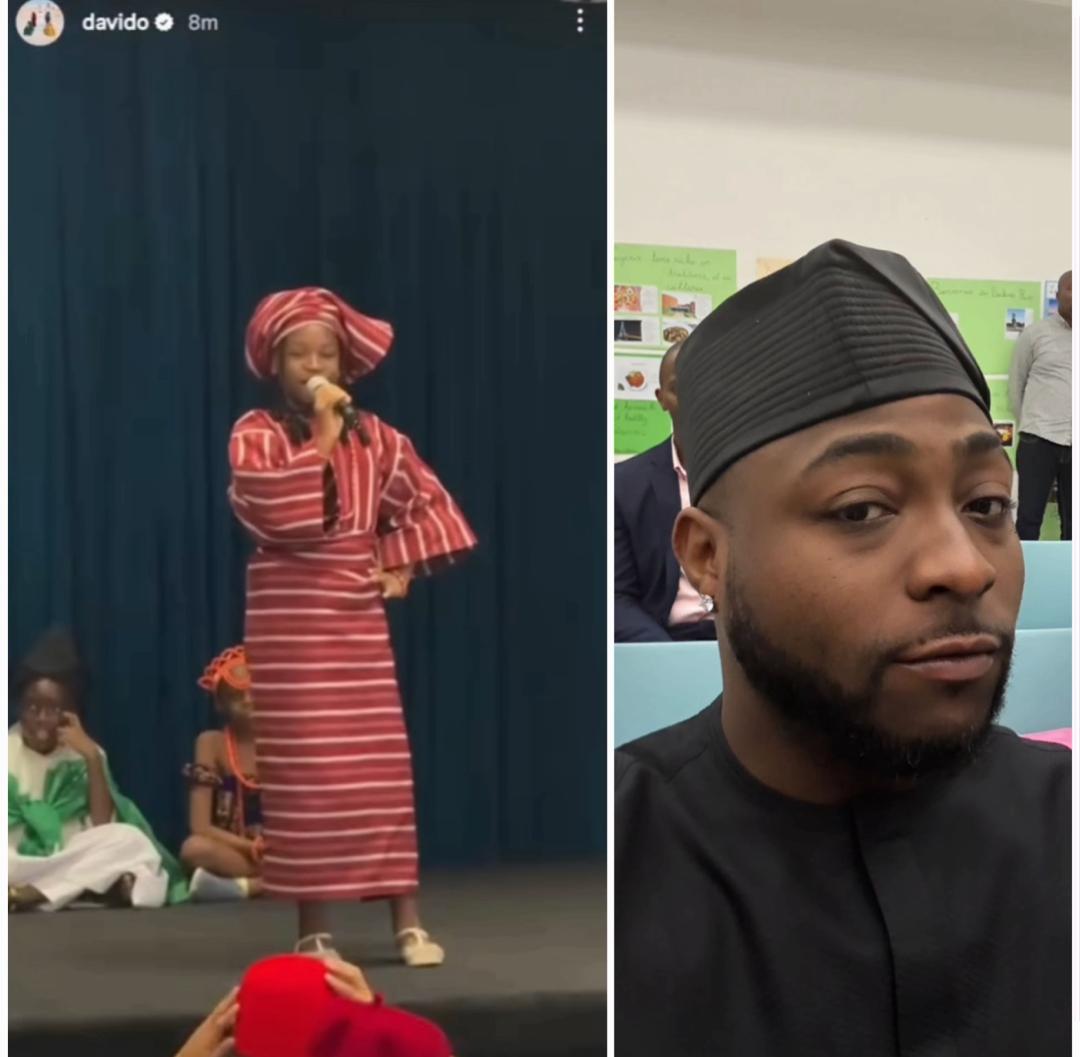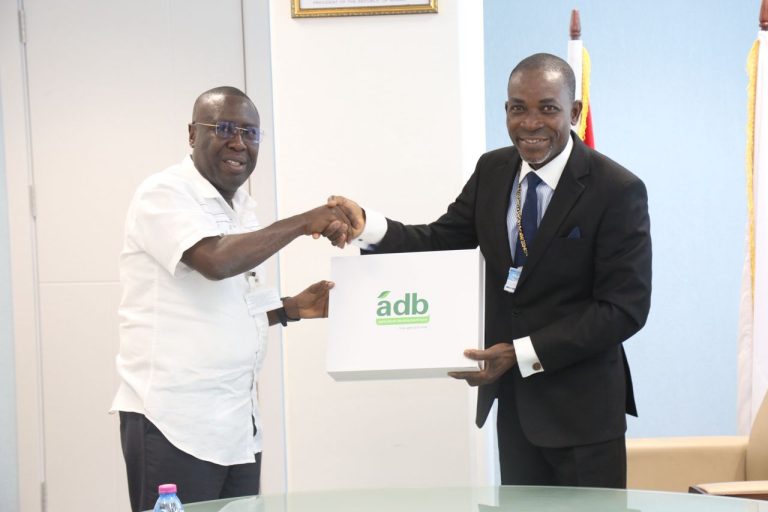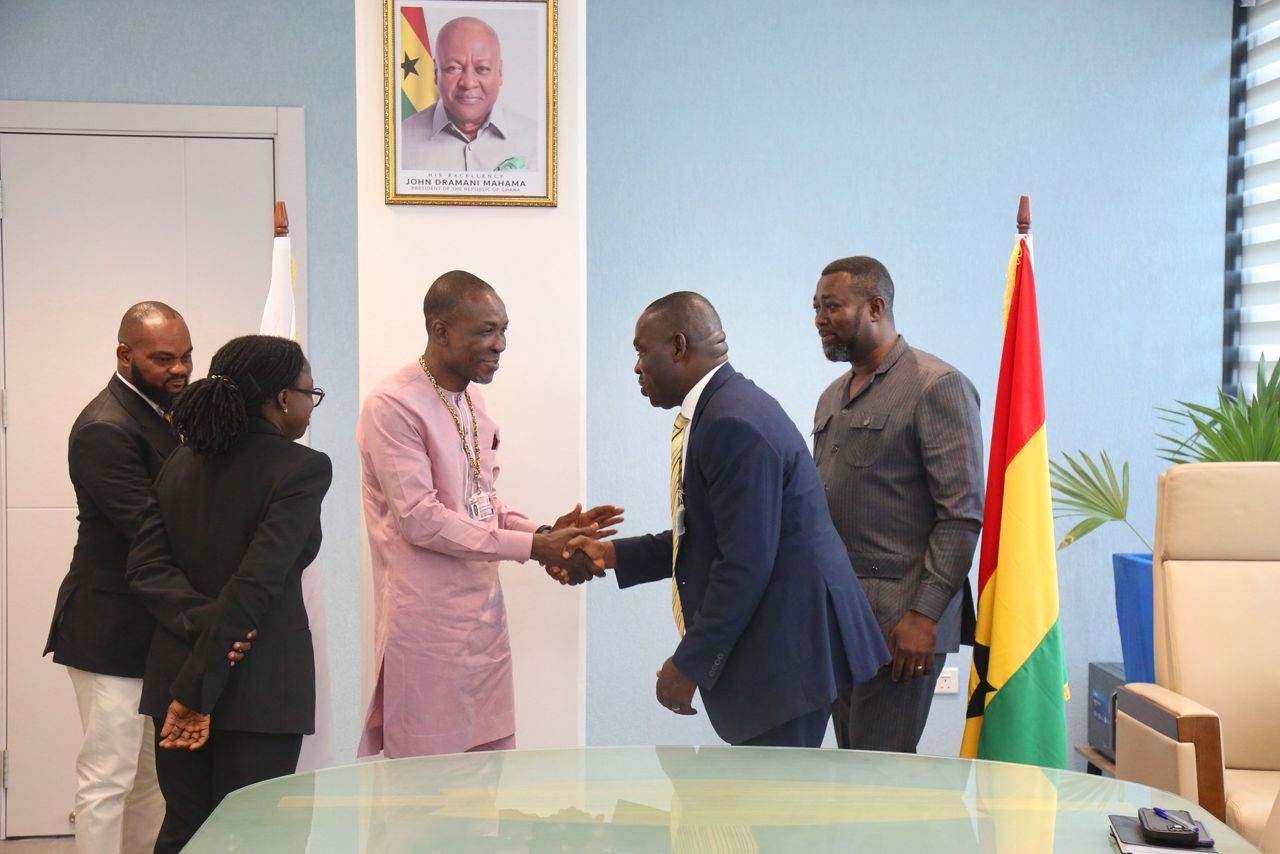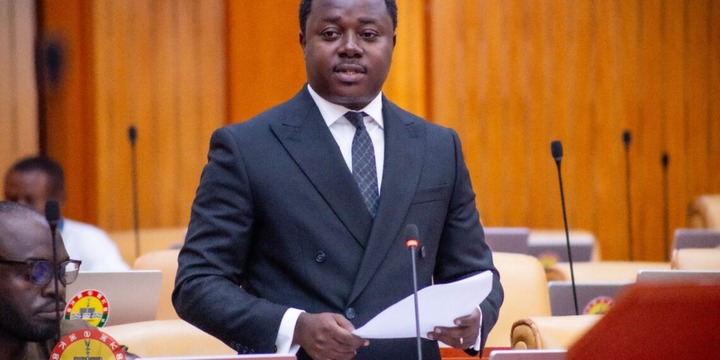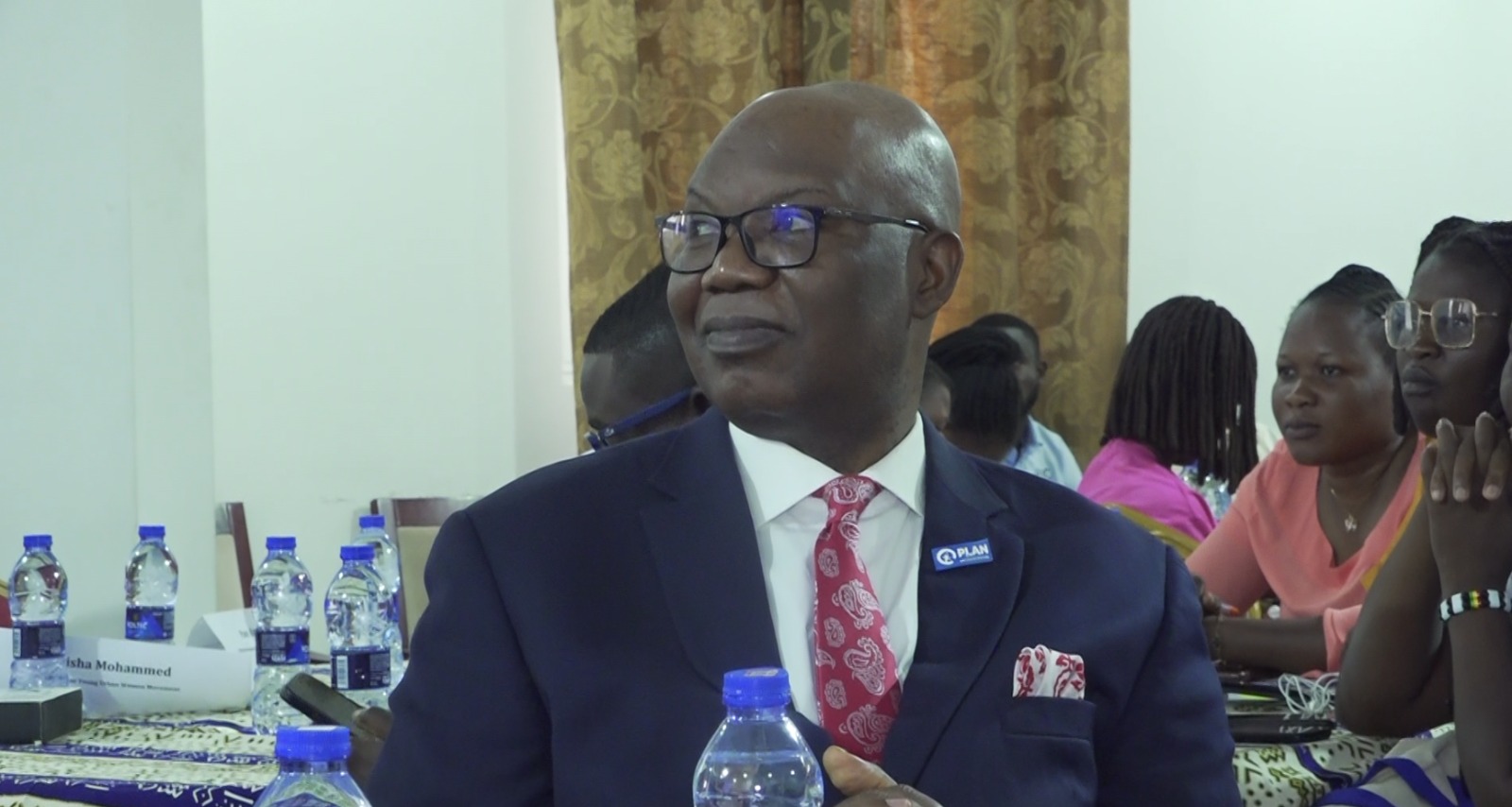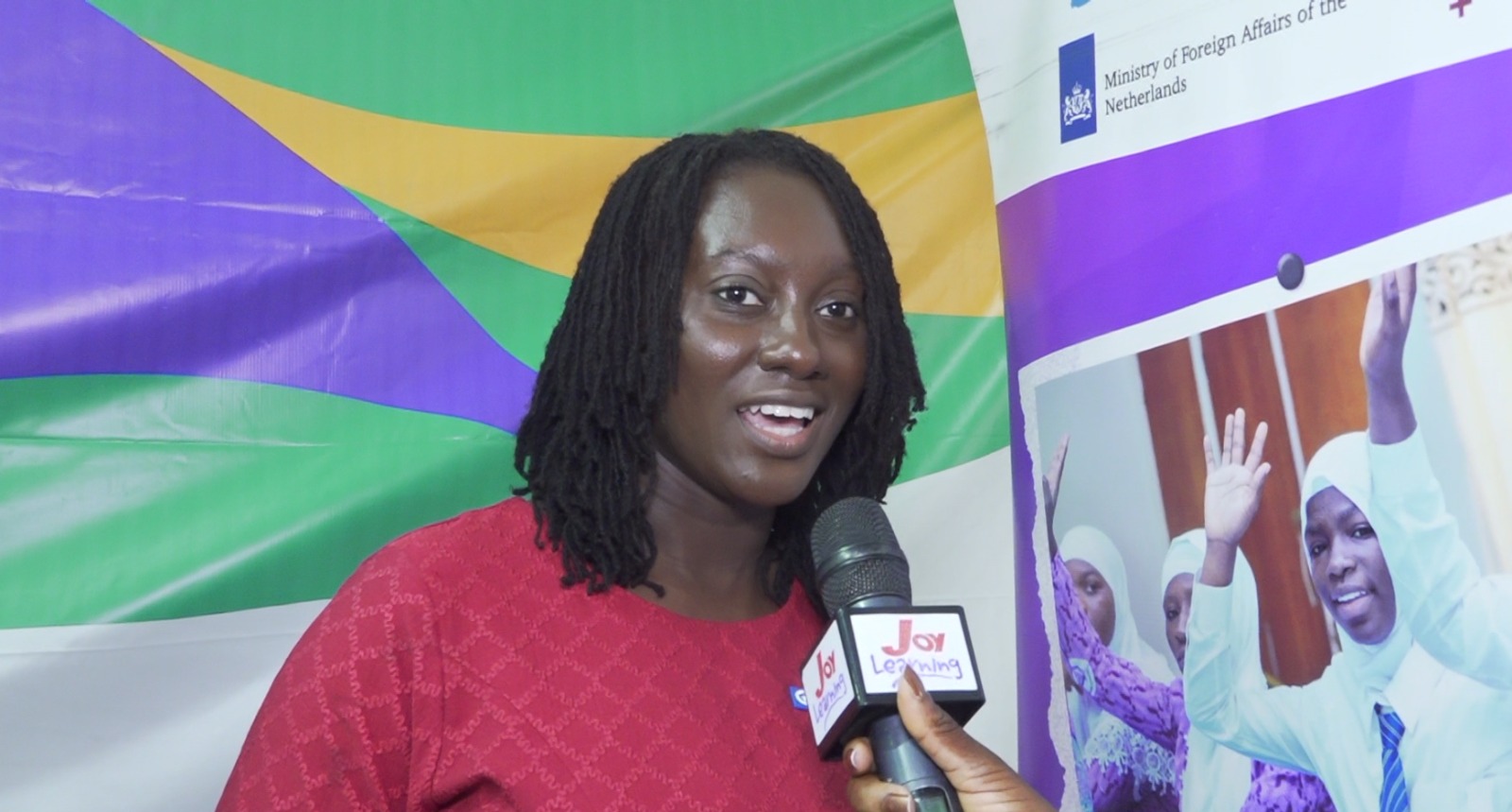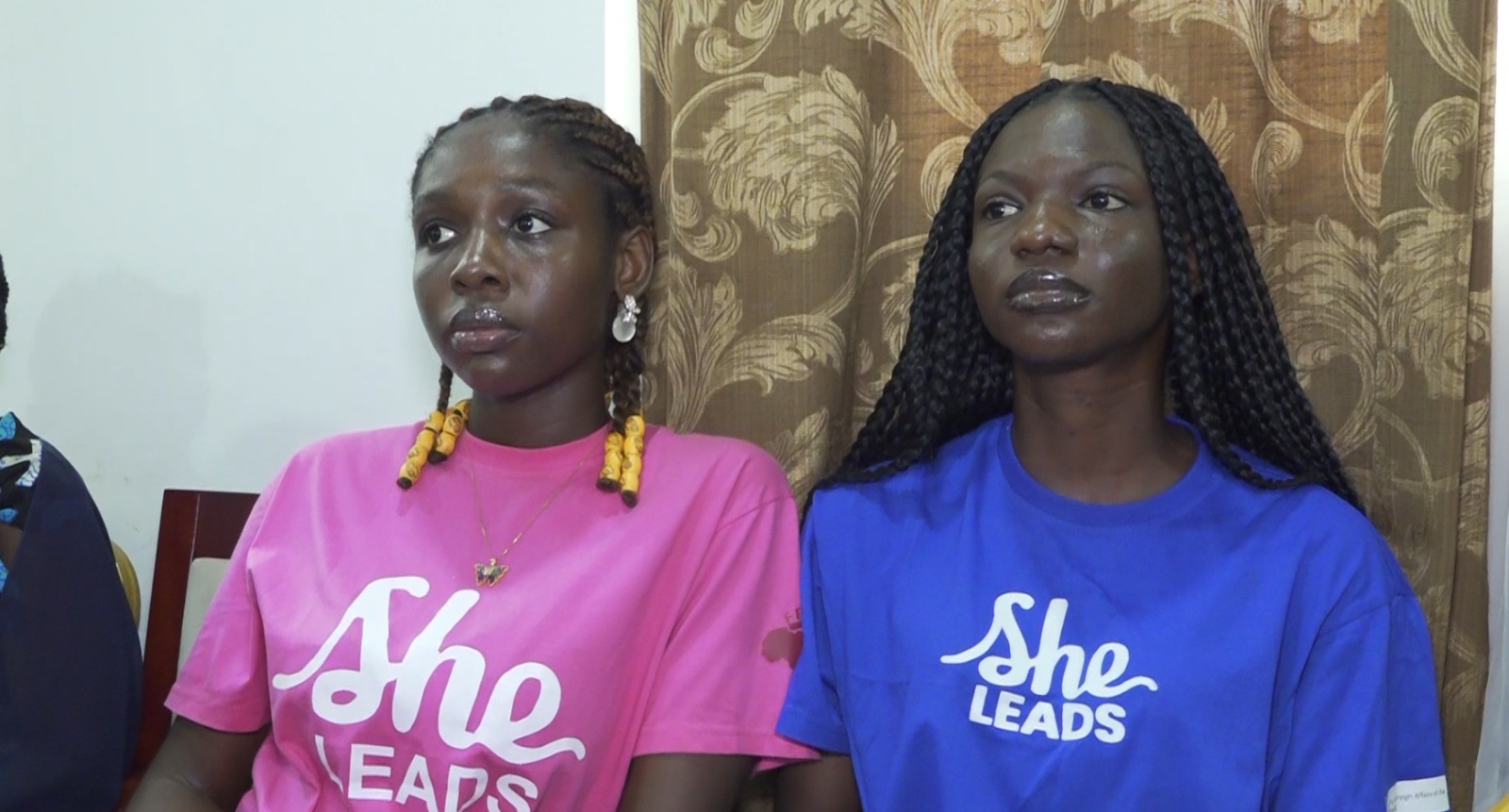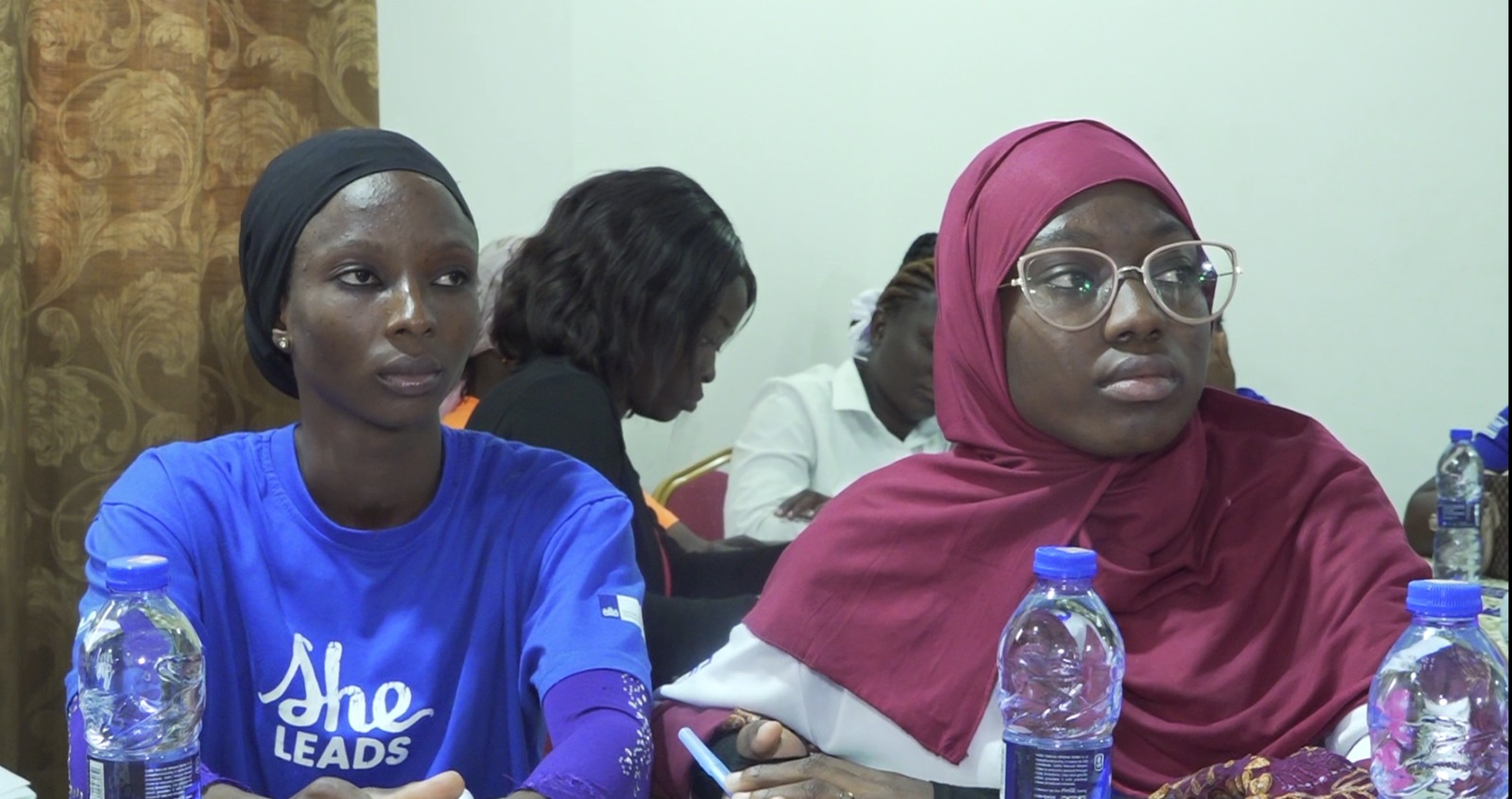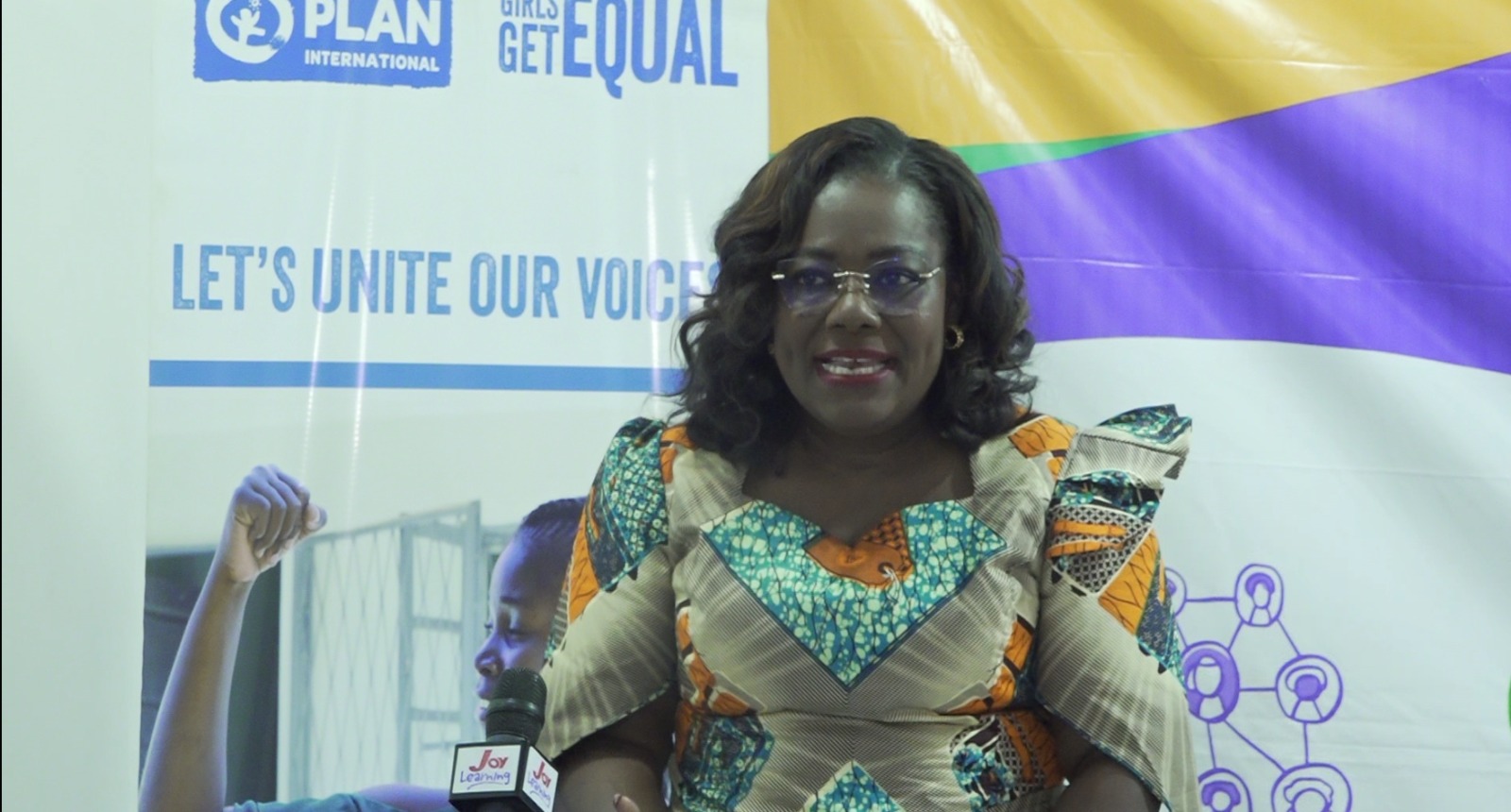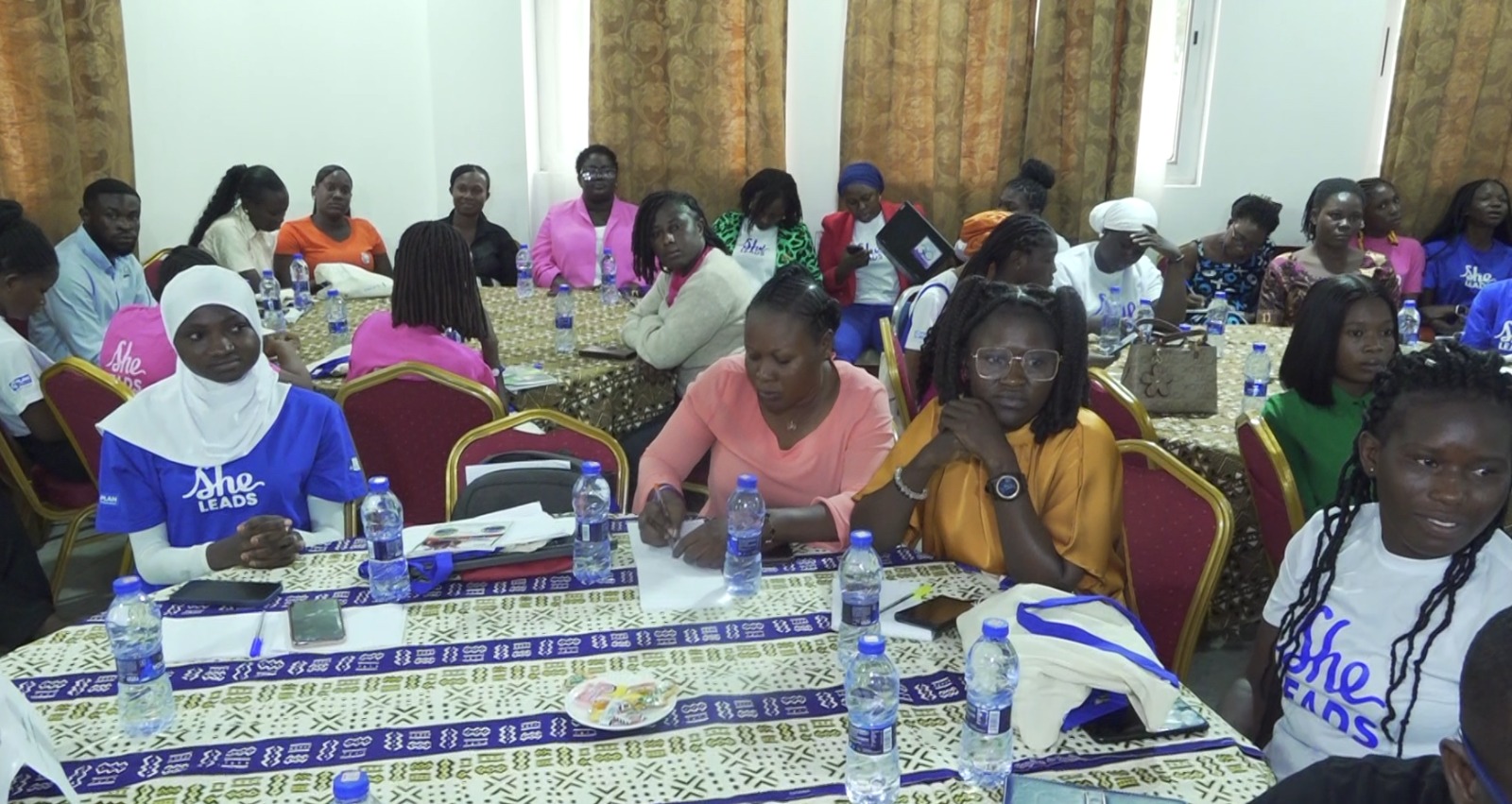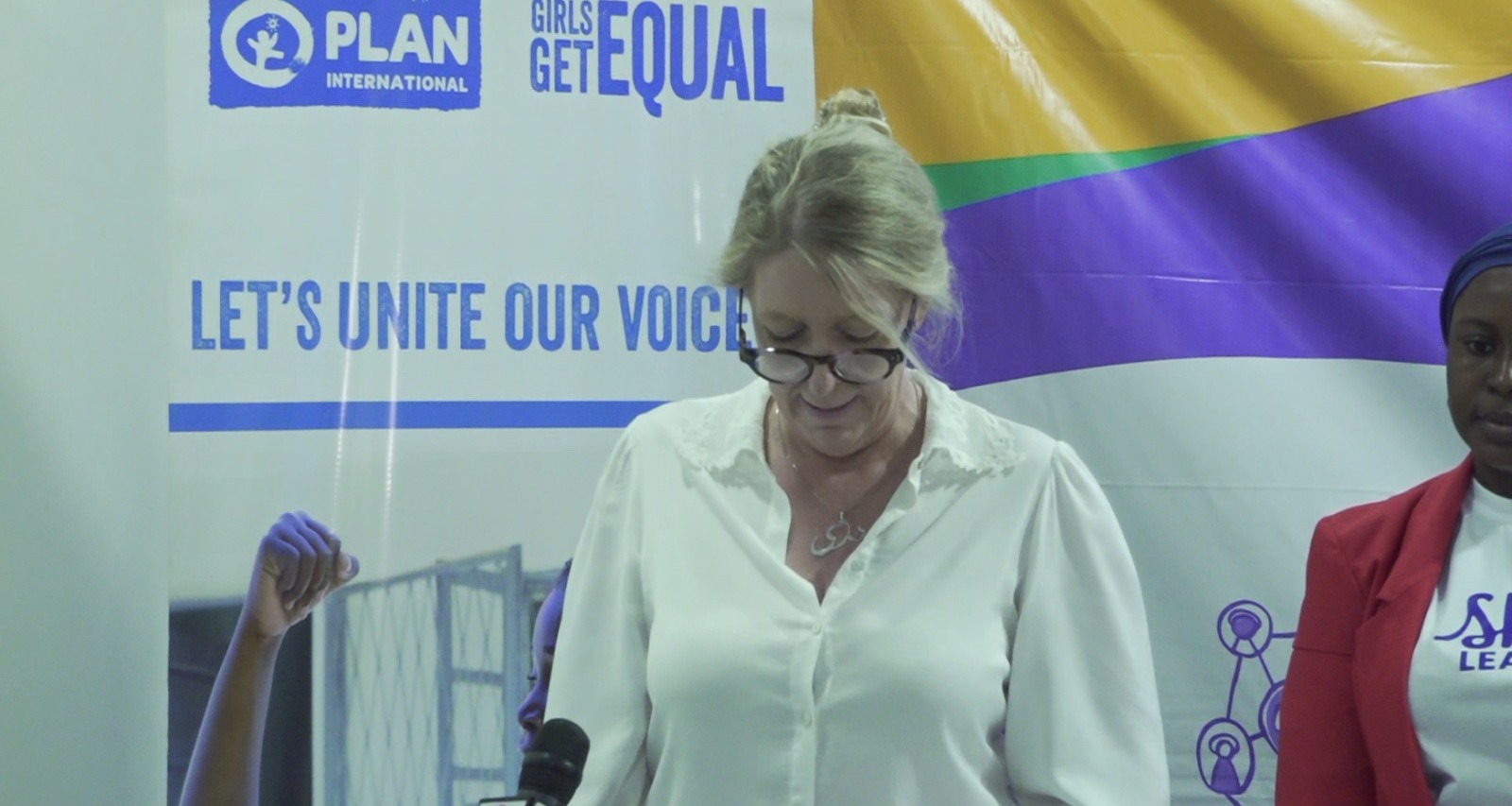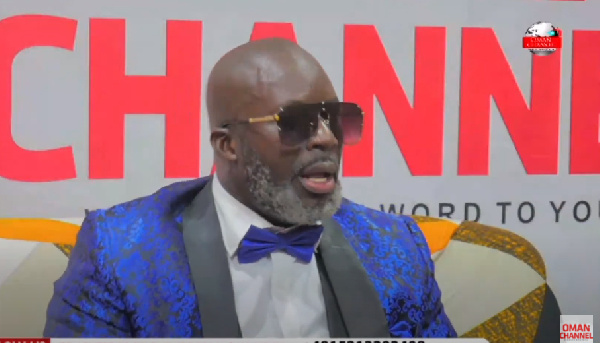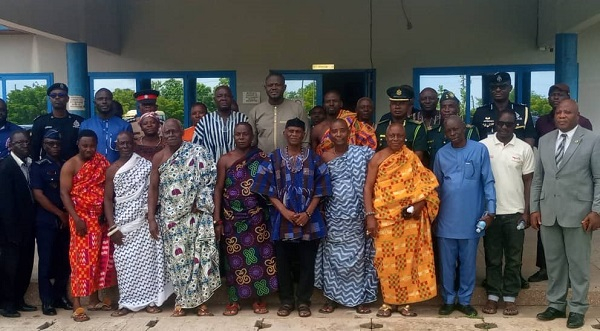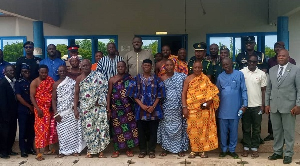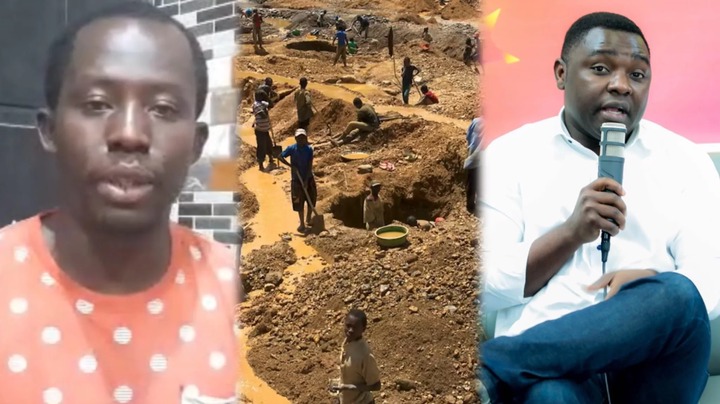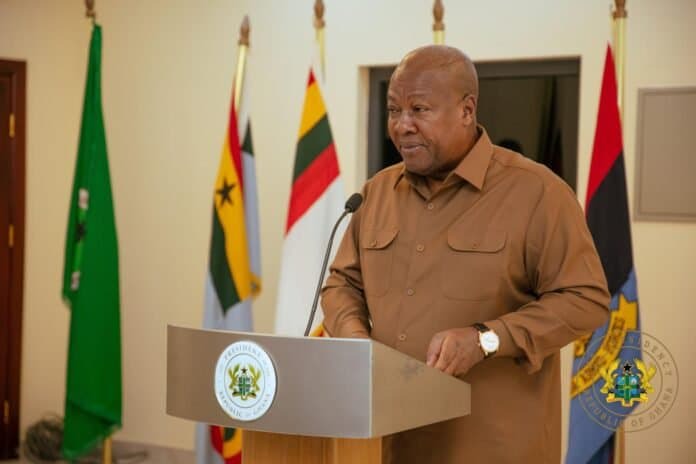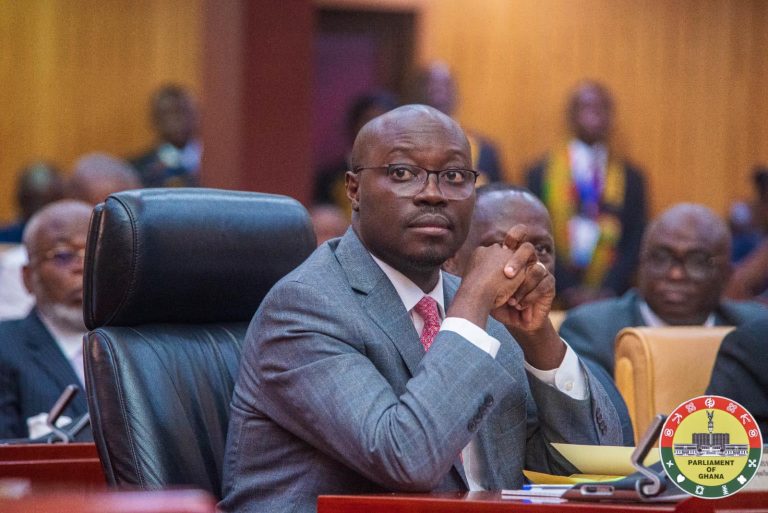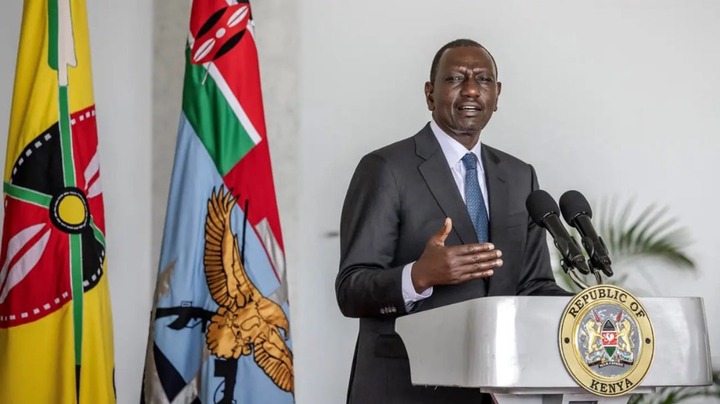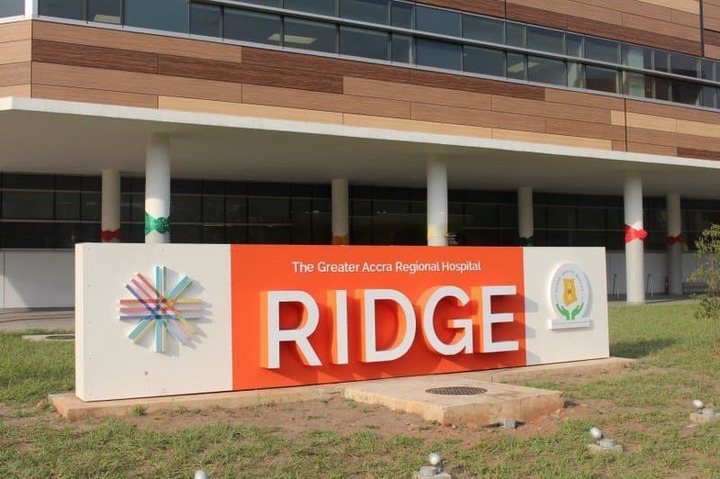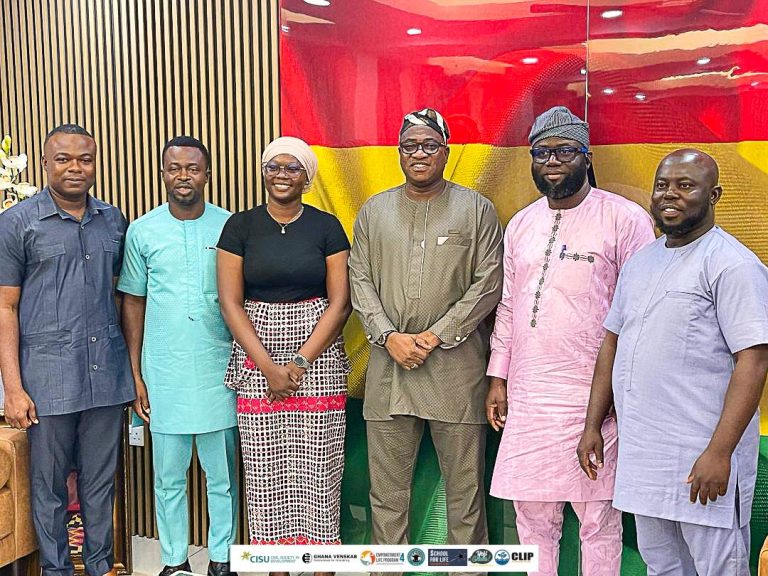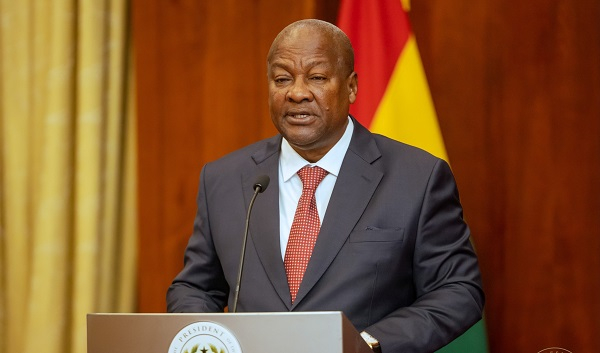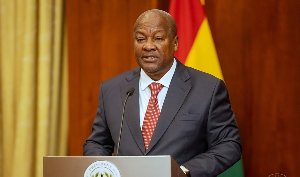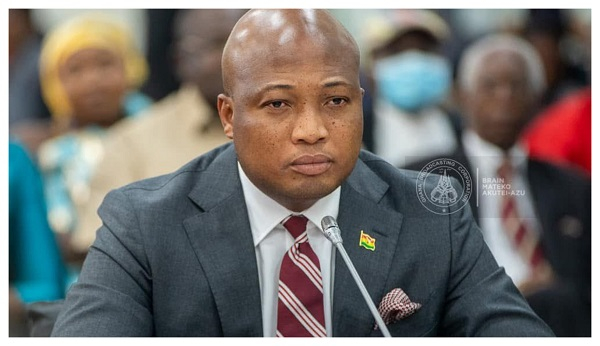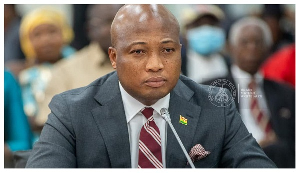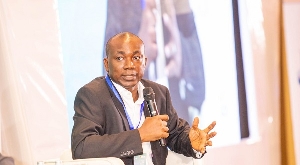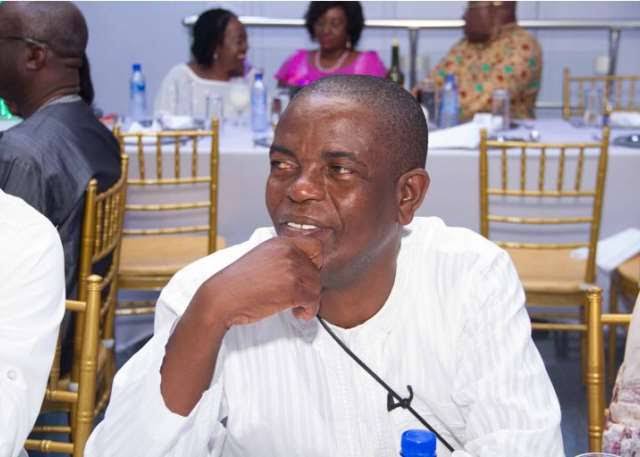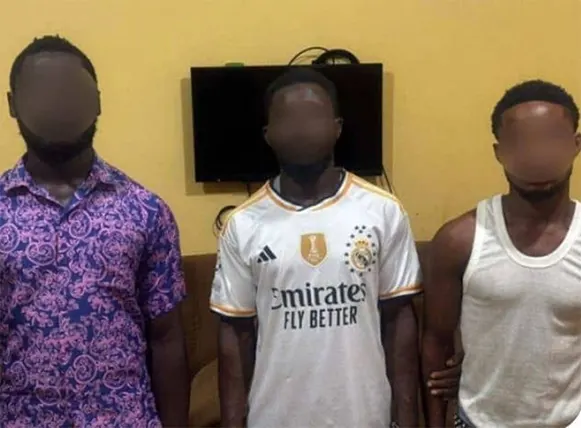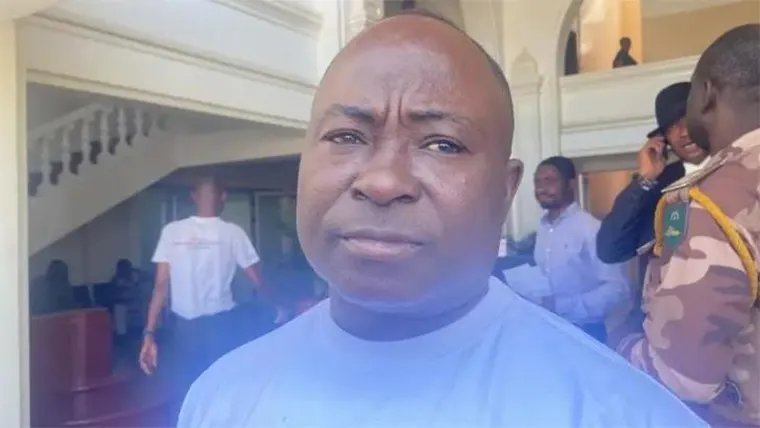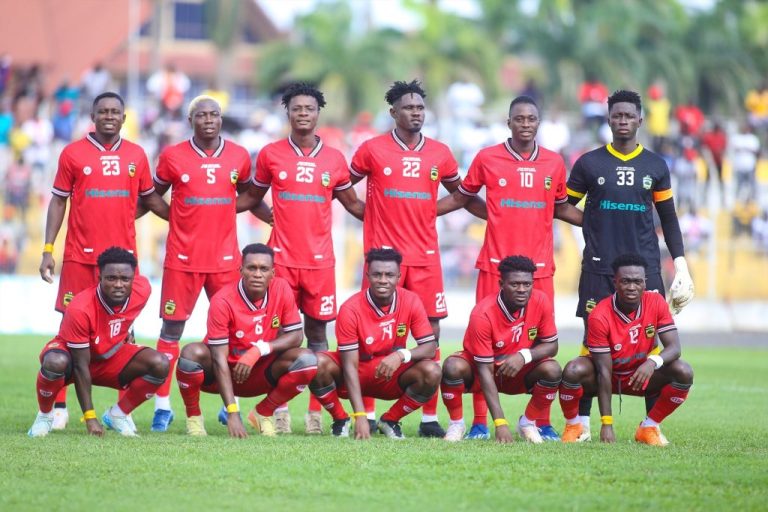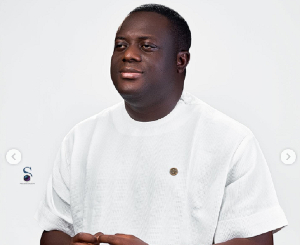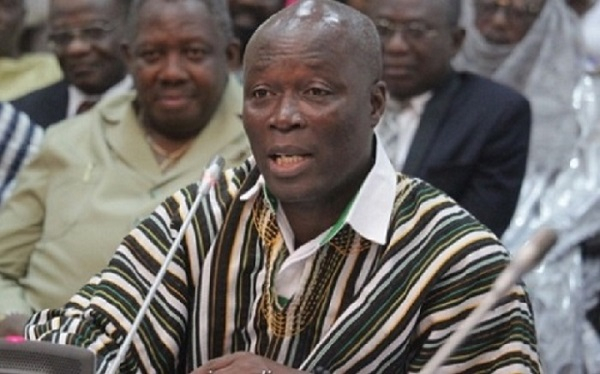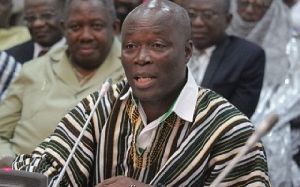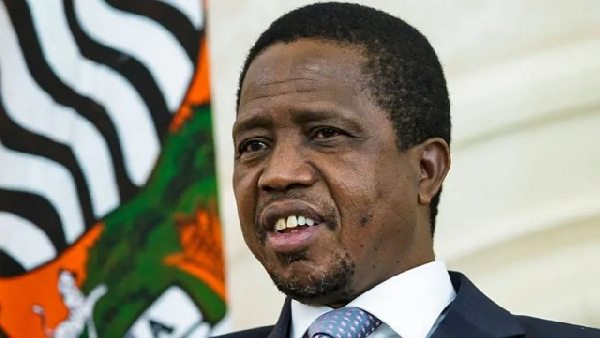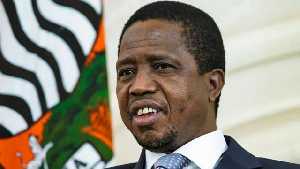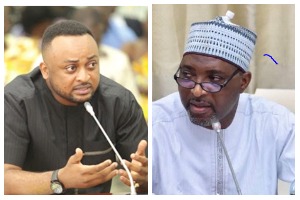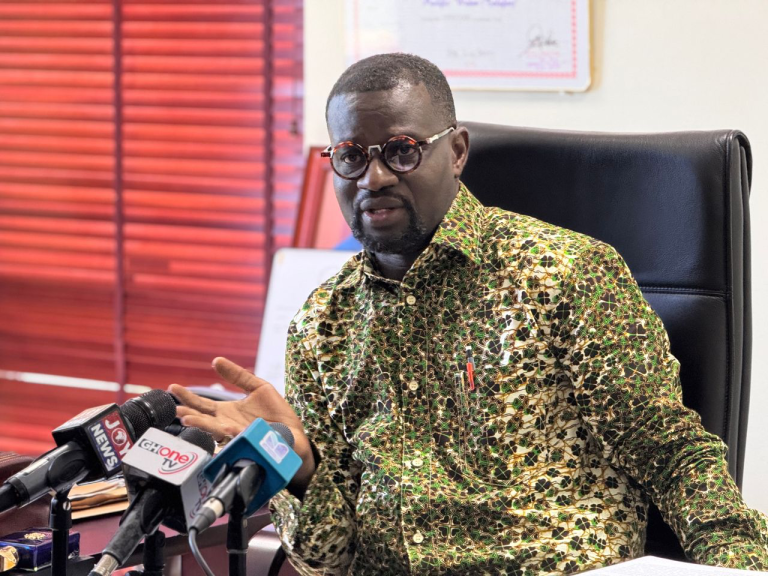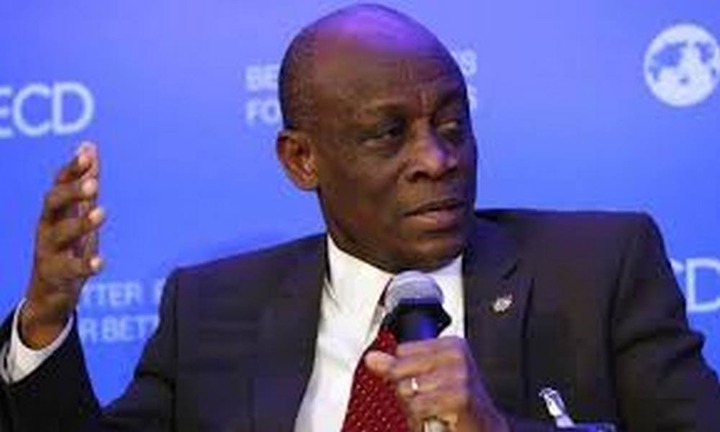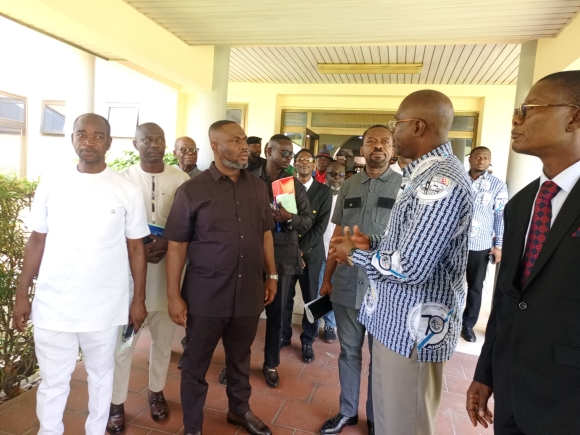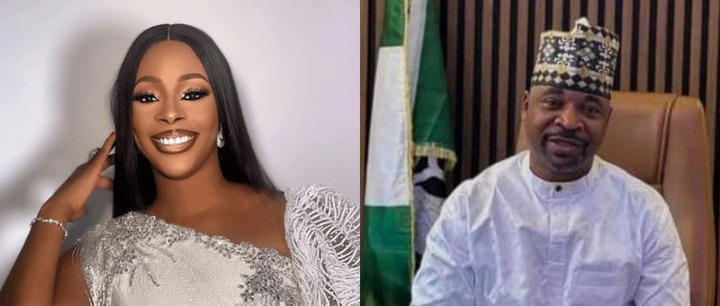The Konrad Adenauer Stiftung (KAS) and the Ghana Institute of Management and Public Administration (GIMPA) have jointly launched a comprehensive post-election survey report that examines voter behavior and political participation during Ghana’s 2024 general elections.
The report, titled “Stocktaking Ghana’s Democracy: Voter Behaviour and Political Participation 2024/2025”, was unveiled at GIMPA’s Greenhill Campus on Tuesday.
The launch event of the survey, which predicted an era of sophisticated voter behaviour in Ghana, attracted a wide range of stakeholders, including political actors, academics, civil society representatives, and electoral experts.
In his welcome address, GIMPA’s Deputy Rector, Professor Ebenezer Adaku, emphasized the increasing sophistication of the Ghanaian voter, noting that political actors can no longer take the electorate for granted.
“This event marks a critical opportunity to present data-driven analysis and deepen our understanding of voter behavior and the evolving governance landscape in Ghana.
“Our partnership with Konrad Adenauer Stiftung reflects a shared dedication to academic excellence and evidence-based policy making,” Prof Adaku stated.
Delivering a keynote address, Anna-Lena Sabroso Wasserfall, Country Director of KAS, hailed Ghana as one of Africa’s most stable democracies.
She noted that elections reflect deeper societal undercurrents and that understanding voter choices offers insights into democratic health and citizen concerns.
“Our publication provides a data-driven analysis of Ghana’s democratic landscape during the 2024 general elections. It explores the motives behind political behavior using demographic, socio-economic, and cultural lenses, while also serving as a tool to challenge or verify widely held assumptions about the Ghanaian electorate,” she said.
According to Wasserfall, the report is the first in a series of studies aimed at continuously assessing the state of democracy in Ghana.
She reaffirmed KAS’s commitment to democratic principles and the rule of law, citing GIMPA’s research leadership as critical to the project’s success.
The survey findings were presented by Dr Joseph A Darmoe, Senior Lecturer at GIMPA and Director of Programmes at KAS.
Dr Darmoe highlighted a shift toward issue-based voting, noting that many voters were influenced by economic concerns and local realities, rather than religious or ethnic affiliations.
“Our research shows that political manifestos now function more like ‘prophecies’ — guiding, but often unfulfilled. Voters increasingly recognize these gaps and demand accountability. Many admitted feeling misled by campaign promises and pledged to hold political actors accountable,” Dr Darmoe added.
In his remarks, Professor Lord Mensah, Acting Head of Local Government Services, described the study as “in-depth and specific,” lauding its analytical rigor in contrast to more generalised surveys.
He supported the claim that the Ghanaian voter has become more discerning and urged the researchers to produce simplified versions of the report for wider political engagement ahead of the 2028 elections.
OB Amoah, while responding during a Q&A session, challenged the notion that the Domestic Debt Exchange Programme (DDEP) did not influence the 2024 Election.
“Both local and external investors were affected, which halted several ongoing projects. The DDEP had political and economic implications that shaped voter sentiments,” he argued.
GIMPA Rector, Professor Samuel Kwaku Bonsu, who delivered the keynote address, stressed the need for political leaders to stay connected with grassroots constituents.
“Distance breeds distrust. Politicians must listen to their people. Ghanaian voters are more sophisticated than ever — more so than in some advanced democracies. The ballot box has become more powerful than the bullet in our democratic journey,” he said.
Professor Bonsu emphasised that elections are not merely about selecting leaders but also about sending clear messages to those in power.
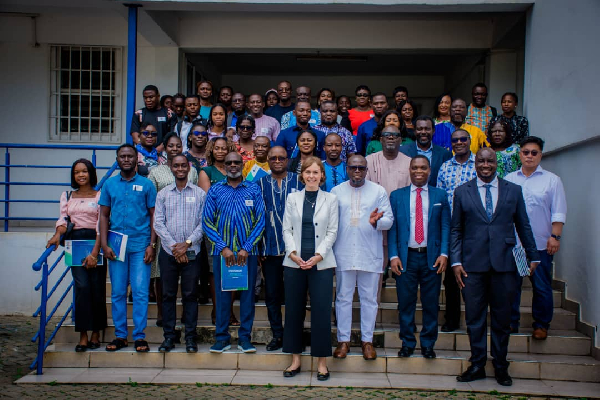
“Voters weigh promises against performance. They want leaders who are honest, ethical, and accountable — not corrupt or arrogant,” he added.
He further called for peaceful, inclusive, and credible elections, reiterating that Ghana’s democratic resilience depends on transparency, citizen participation, and leadership that serves, not rules.
He cautioned against identity politics, which still lingers, and stressed that elections are won not just on voting day, but through sustained engagement over the four-year governance cycle.
In concluding the launch, Dr Darmoe directed participants and the general public to consult the full report for deeper insights, noting that many critical findings could not be captured in the brief presentation.
The launch marked a significant contribution to Ghana’s democratic discourse, reaffirming the nation’s commitment to electoral integrity and participatory governance.
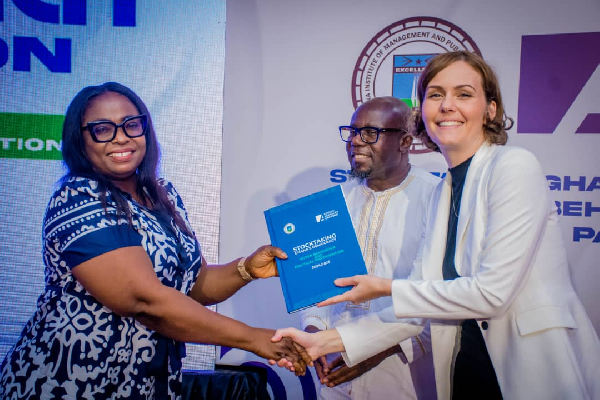
Among the notable attendees were Evans Nimako, Director of Elections and Research at the New Patriotic Party (NPP); OB Amoah; Dr Serebour Quaicoe from the Electoral Commission; Dr Abdul Jalilu, Department of Political Science, University of Ghana Legon; Dr Roland B Johnson of GIMPA; Professor Lord Mensah, Head of the Local Government Service; and representatives from the National Peace Council, CDD-Ghana, Ghana Anti-Corruption Coalition, CLGA, DSIK, and FES.
